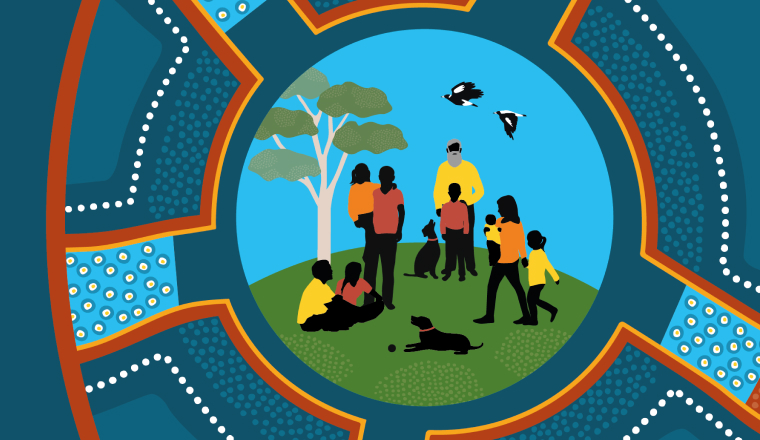
Many of us find it difficult to reach out for assistance. I can relate. My background includes roles in law enforcement, volunteer firefighting, emergency medical services, and being a part of a wildland firefighting team. We often see ourselves as emergency-ready and the point of reference for many in our communities regarding various crises. But the truth is, there are challenges both natural and man-made that are beyond our control. This is when we need to summon aid. This is where the concept of a mutual aid group becomes relevant.
Understanding Mutual Aid Groups
At its core, a mutual aid group is a grassroots initiative where community members unite to offer support, resources, and assistance during tough times. The idea is built on mutual trust and solidarity, as individuals pool their expertise, time, resources, and knowledge to aid others in need.
In simple terms, it’s a collective effort to cater to the group’s needs.
Such community-based networks aren’t a recent invention. The COVID-19 pandemic popularized them, with platforms like Facebook groups acting as mutual aid tools where community members shared resources or sought specific items.
However, reaching out for help can be daunting. Believe me, I understand. Here’s a tale that might shed some light.
Embracing the Need for Assistance
On a daily basis, emergency responders, such as police and firefighters, face high-risk situations. Often, a single team or vehicle is sufficient. Yet, in the professions of law enforcement and firefighting, seeking assistance is reserved for extreme necessities. However, when that assistance is genuinely needed, it’s a game-changer. For instance, a police officer stopping a previously violent offender would wisely seek backup before engagement.
A Personal Glimpse Into the Need for Backup
During my days on patrol, I once encountered a vehicle spilling furniture on the road. After stopping them and intending to help them reload, I noticed the car’s ignition had been tampered with. My dispatcher informed me it was stolen just as I noticed, transforming a benign situation into a potential threat. Thankfully, backup arrived promptly.
Backup Isn’t Just for Professionals
Broadening the concept of backup, consider it in the context of disaster preparedness. Most advice treats families as isolated entities. But the reality is, many of us have a network of acquaintances, friends, and family – a potential mutual aid group, ready to offer assistance.
Categories of Disasters
Disasters typically fall under two categories:
- Unexpected events like earthquakes or chemical spills.
- Predictable ones like floods or hurricanes.
Different disasters require varying approaches to evacuation and preparation.
Preparedness for Foreseen Disasters
For foreseen events, planning is crucial. You’ll need assistance for various tasks, ranging from flood-proofing homes to babysitting during crises.
Preparation for Sudden Disasters
The measures in place for anticipated events often come in handy for sudden emergencies. Communication is a common challenge during these disasters. Having a list of essential contacts helps streamline coordination.
Building Your Emergency Contact List
This isn’t merely a list but a network. Engage with potential contacts, perhaps even host gatherings to solidify and extend the network. You’ll often discover valuable skills within your group. Always remember to inquire.
Ways to Rally Support
Convince your contacts of the need for such an initiative. Offering tangible materials, like a laminated contact card, ensures the availability of crucial information when needed.
Considering Alternative Communication Platforms
Beyond traditional communication means, platforms like Slack can offer centralized, real-time, and segmented channels for efficient communication. However, their digital nature can be a limitation during certain disasters.
Mutual Aid Groups: A Final Word
Anticipate challenges, be it through weather updates or intuitive assessments. As I always had support from my dispatcher, you too can have your mutual aid group ready. Pre-planning and unity can make you more prepared than most around you.
Now, ponder on who you’d include in your mutual aid group.

